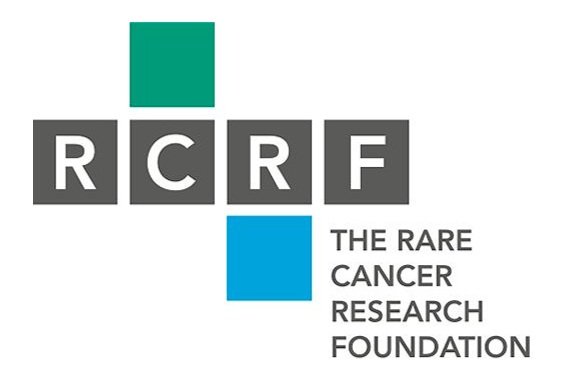Changes or modifications in the cancer genome contribute to the generation of tumors and potential metastasis of cancer cells. One such change can occur in the MET gene which is found in multiple cancers including lung cancers. In order to devise new therapies and identify better ways to predict and treat patients with MET altered cancers, scientists need to have a better understanding of these changes in tumor samples.
This study utilizes patient tumor samples in order to accelerate research in patients with MET altered cancers. This includes both MET mutated and MET amplified cancers. By sharing tissue or fluid from your cancer surgery, biopsy or drain, you could help propel this cancer research forward.
This work is directed by Dr. Andrew Baschnagel, M.D. at the University of Wisconsin Carbone Cancer Center. It will allow researchers to study the cancer genome of tumors with abnormal MET DNA and protein and when possible, allow the development of cell lines and xenografts, which are used as model systems to study diseases. These areas are particularly important for rare cancer studies, where scientists are significantly limited in the ability to do research because there is not enough information on the cancer genome or models of each type of rare cancer to understand each disease.
This project will perform genomic studies and potentially generate cancer cell lines that will enable a variety of studies focused on the causes of cancer, and how to treat cancer. Each piece of data or model generated for cancers - like yours - is a potentially transformative tool that can be shared by many scientists all over the world to better understand cancer.
This study is supported by the MET Crusaders foundation (metcrusaders.org).

